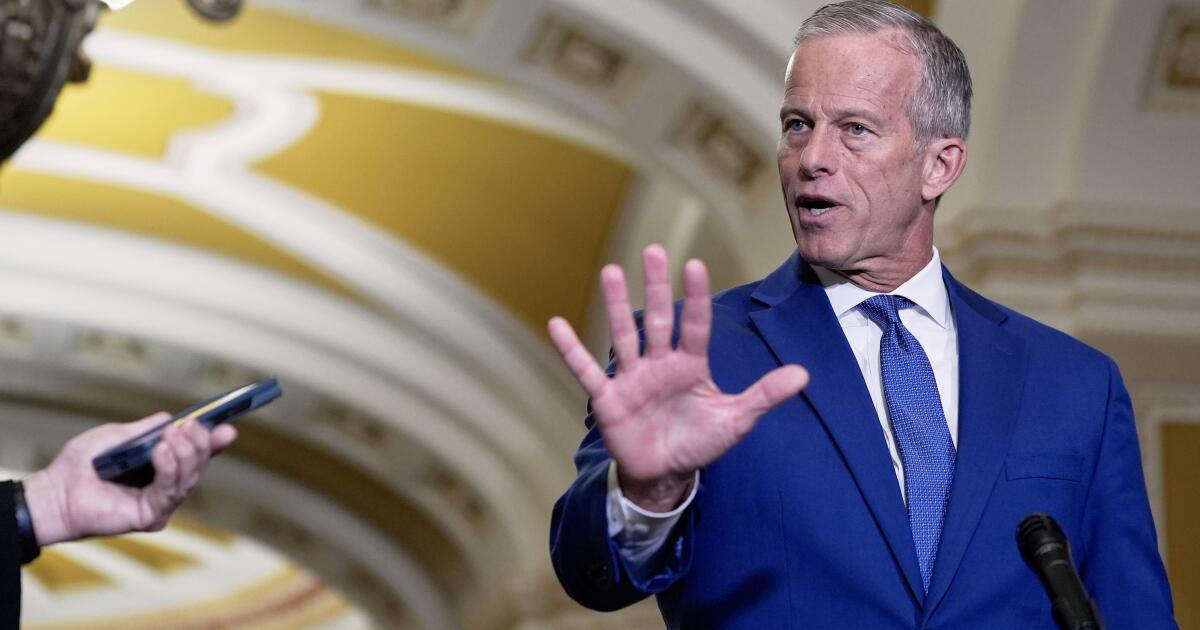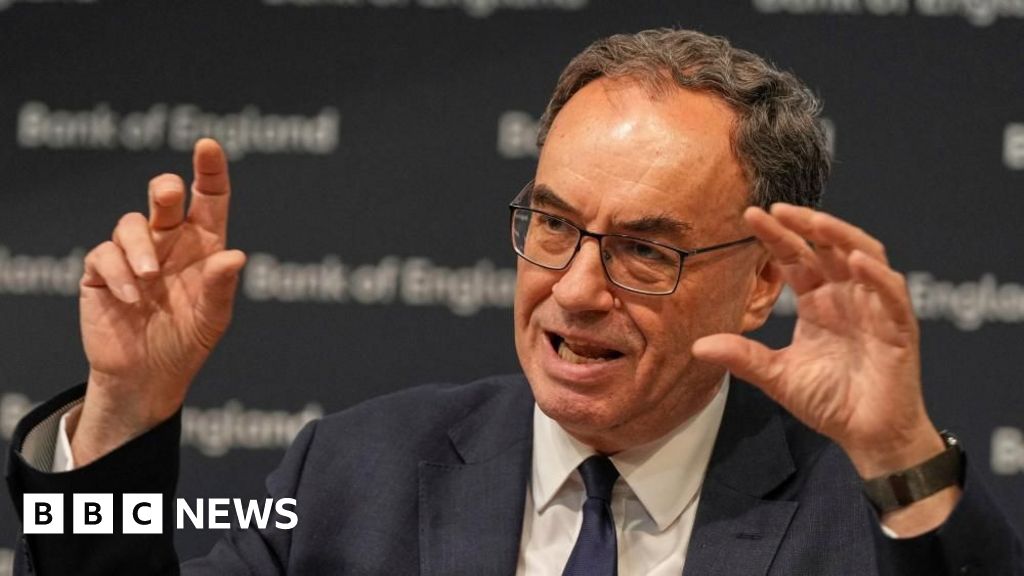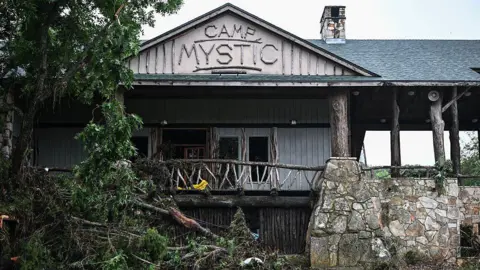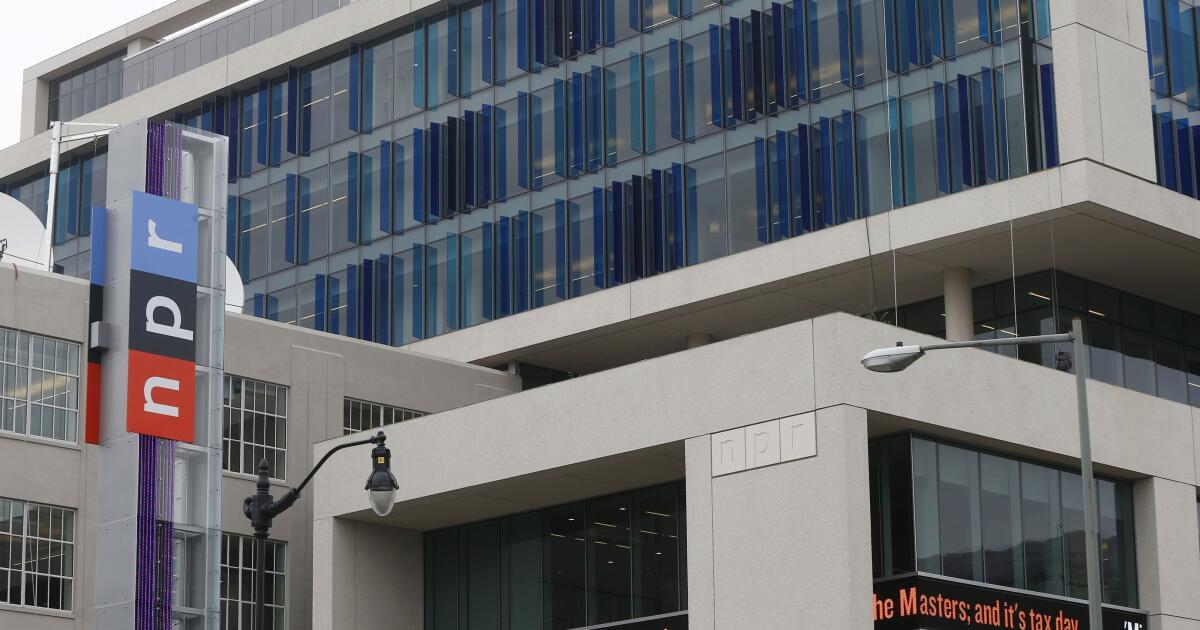WASHINGTON — Senate Republicans will test the popularity of Department of Government Efficiency spending cuts this week by aiming to pass President Trump’s request to claw back $9.4 billion in public media and foreign aid spending.
Senate Democrats are trying to kill the measure but need a few Republicans uncomfortable with the president’s effort to join them.
Trump’s Republican administration is employing a rarely used tool that allows the president to transmit a request to cancel previously approved funding authority. The request triggers a 45-day clock under which the funds are frozen. If Congress fails to act within that period, then the spending stands. That clock expires Friday.
The House already has approved Trump’s request on a mostly party line 214-212 vote. The Senate has little time to spare to beat the deadline for the president’s signature. Another House vote will be needed if senators amend the legislation, adding more uncertainty to the outcome.
Here’s a closer look at this week’s debate.
Trump has asked lawmakers to rescind nearly $1.1 billion from the Corp. for Public Broadcasting, which represents the full amount it’s due to receive during the next two budget years.
The White House says the public media system is politically biased and an unnecessary expense.
The corporation distributes more than two-thirds of the money to more than 1,500 locally operated public television and radio stations, with much of the remainder assigned to National Public Radio and the Public Broadcasting System to support national programming.
The potential fallout from the cuts for local pubic media stations has generated concern on both sides of the political aisle.
Sen. Mike Rounds (R-S.D.) said he’s worried about how the rescissions will hit radio stations that broadcast to Native Americans in his state. He said the vast majority of their funding comes from the federal government.
“They’re not political in nature,” Rounds said of the stations. “It’s the only way of really communicating in the very rural areas of our state, and a lot of other states as well.”
Sen. Lisa Murkowski (R-Alaska) said that for the tribal radio stations in her state, “almost to a number, they’re saying that they will go under if public broadcasting funds are no longer available to them.”
To justify the spending cuts, the Trump administration and Republican lawmakers have cited certain activities they disagree with to portray a wide range of a program’s funding as wasteful.
In recent testimony, Office of Management and Budget Director Russ Vought criticized programming aimed at fostering diversity, equity and inclusion. He said NPR aired a 2022 program entitled “What ‘Queer Ducks’ can teach teenagers about sexuality in the animal kingdom.” He also cited a special town hall that CNN held in 2020 with “Sesame Street” about combatting racism.
Targeting humanitarian aid
As part of the package, Trump has asked lawmakers to rescind about $8.3 billion in foreign aid programs that aim to fight famine and disease as well as promote global stability.
Among the targets:
— $900 million to combat HIV/AIDS, malaria and other diseases and strengthen detection systems to prevent wider epidemics.
— $800 million for a program that provides emergency shelter, water and sanitation as well as family reunification for those forced to flee their own country.
— $4.15 billion for two programs designed to boost the economies and democratic institutions in developing and strategically important countries.
— $496 million to provide humanitarian assistance such as food, water and healthcare for countries hit by natural disasters and conflicts.
Some of the health cuts are aimed at the President’s Emergency Plan for AIDS Relief, or PEPFAR, which President George W. Bush, a Republican, began to combat HIV/AIDS in developing countries. The program is credited with saving 26 million lives and has broad bipartisan support.
On PEPFAR, Vought told senators “these cuts are surgical and specifically preserve lifesaving assistance.” But many lawmakers are wary, saying they’ve seen no details about where specifically the administration will cut.
The administration also said some cuts, such as eliminating funding for UNICEF, would encourage international organizations to be more efficient and seek contributions from other nations, “putting American taxpayers first.”
U.S. leaders have often argued that aiding other nations through “soft power” is not just the right thing to do but also the smart thing.
Sen. Mitch McConnell (R-Ky.) told Vought that there is “plenty of absolute nonsense masquerading as American aid that shouldn’t receive another bit of taxpayer funding,” but he called the administration’s attempt to root it out “unnecessarily chaotic.”
“In critical corners of the globe, instead of creating efficiencies, you’ve created vacuums for adversaries like China to fill,” McConnell told Vought.
Trump weighs in
The president has issued a warning on his social media site directly aimed at individual Senate Republicans who may be considering voting against the cuts.
He said it was important that all Republicans adhere to the bill and in particular defund the Corp. for Public Broadcasting.
“Any Republican that votes to allow this monstrosity to continue broadcasting will not have my support or Endorsement,” he said.
For individual Republicans seeking reelection, the prospect of Trump working to defeat them is reason for pause and could be a sign that the package is teetering.
Sen. Thom Tillis (R-N.C.) opted to announce that he would not seek reelection recently after the president called for a primary challenger to the senator when he voted not to advance Trump’s massive tax and spending cut bill.
Getting around a filibuster
Spending bills before the 100-member Senate almost always need some bipartisan buy-in to pass. That’s because the bills need 60 votes to overcome a filibuster and advance. But this week’s effort is different.
Congress set up a process when Republican Richard Nixon was president for speedily considering a request to claw back previously approved spending authority. Under those procedures, it takes only a simple Senate majority to advance the president’s request to a final vote.
It’s a rarely employed maneuver. In 1992, President George H.W. Bush, a Republican, had some success with his rescissions request, though the final bill included some cuts requested by the president and many that were not. Trump proposed 38 rescissions in 2018, but the package stalled in the Senate.
If senators vote to take up the bill, it sets up the potential for 10 hours of debate plus votes on scores of potentially thorny amendments in what is known as a vote-a-rama.
Democrats see the president’s request as an effort to erode the Senate filibuster. They warn that it’s absurd to expect them to work with GOP lawmakers on bipartisan spending measures if Republicans turn around a few months later and use their majority to cut the parts they don’t like.
Senate Democratic leader Chuck Schumer of New York offered a stern warning in a letter to colleagues: “How Republicans answer this question on rescissions and other forthcoming issues will have grave implications for the Congress, the very role of the legislative branch, and, more importantly, our country,” Schumer said.
Senate Majority Leader John Thune (R-S.D.) took note of the warning.
“I was disappointed to see the Democrat leader in his recent Dear Colleague letter implicitly threaten to shut down the government,” Thune said.
The Trump administration is likening the first rescissions package to a test case and says more could be on the way if Congress goes along.
Freking writes for the Associated Press.



































